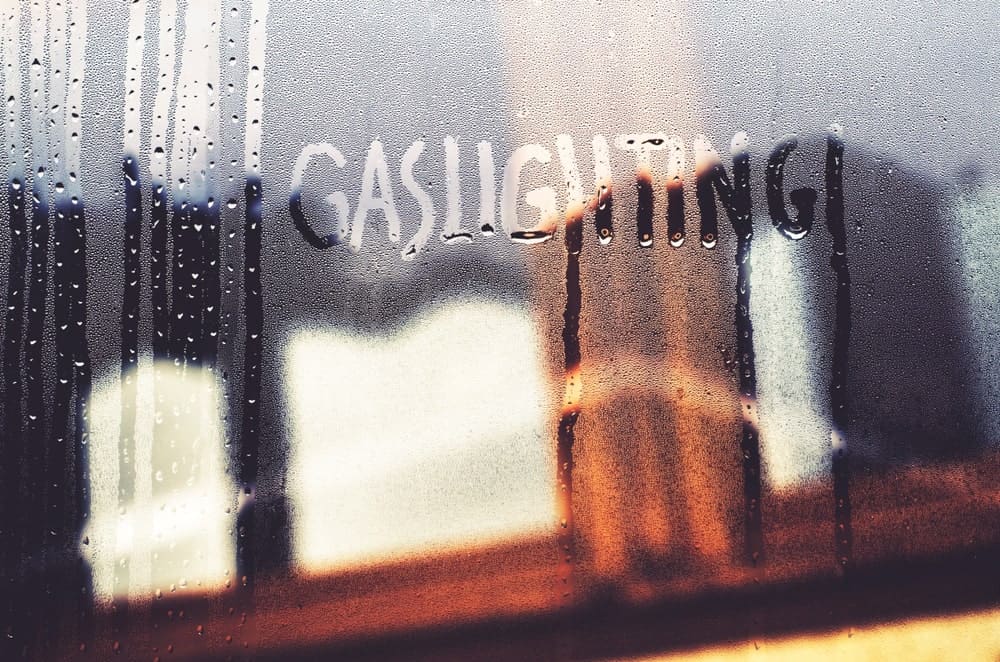– By Shelby Azbill, LISW-S
Identifying Toxic Relationship Traits: How to Protect Your Well-Being
Relationships can be one of the most fulfilling parts of life, offering love, support, and connection. However, not all relationships are healthy, and some can even be detrimental to our well-being.
Toxic relationships are characterized by patterns of behavior that cause emotional, psychological, or even physical harm to one or both individuals involved. Recognizing the signs early on can help you safeguard your mental health and make informed decisions about whether to stay in the relationship or walk away.
In this post, we’ll explore nine common traits of toxic relationships and how to identify them.
Nine Common Traits of Toxic Relationships
1. Constant Criticism and Belittling
A healthy relationship is built on mutual respect and support.
In toxic relationships, one or both partners may frequently criticize, belittle, or degrade the other. This can take many forms, such as mocking your appearance, questioning your intelligence, or dismissing your feelings. Over time, this type of behavior can erode your self-esteem and make you feel worthless.
Red Flag:
If you find yourself constantly second-guessing your worth, feeling inadequate, or walking on eggshells to avoid criticism, it might be time to take a step back and evaluate the situation.
2. Gaslighting
Gaslighting is a form of psychological manipulation in which one person tries to make the other doubt their own perception of reality.
This can involve denying facts, trivializing feelings, or twisting events to make the other person feel confused or crazy. Gaslighting is especially dangerous because it undermines your confidence and makes you question your instincts.
Red Flag:
If your partner frequently denies things you know to be true or makes you feel like you can’t trust your own memory or judgment, this is a major red flag of manipulation.
3. Lack of Accountability
In toxic relationships, one partner may refuse to take responsibility for their actions, often blaming the other person for problems or conflicts in the relationship. This lack of accountability can create a power imbalance, leaving the other person constantly apologizing or feeling at fault for everything.
Red Flag:
If you’re always the one apologizing or you’re expected to shoulder the blame for issues in the relationship, it may indicate that the relationship is unhealthy and unequal.
4. Excessive Control and Possessiveness
A key sign of toxicity is when one partner seeks to control the other—whether that’s through dictating how you dress, who you spend time with, or what activities you’re allowed to participate in. This can extend to emotional control, such as trying to dictate your moods, emotions, or reactions.
Red Flag:
If your partner is always telling you what you can or cannot do, or makes you feel guilty for spending time with friends or pursuing your interests, these are significant signs of possessiveness and control.
5. Isolation from Friends and Family
Toxic individuals may attempt to isolate you from your support network in an effort to make you more dependent on them. This could involve discouraging you from spending time with friends and family, or even actively sowing discord between you and your loved ones.
Red Flag:
If you find yourself distancing from your friends or family because your partner is constantly criticizing or undermining them, this is a concerning sign of isolation. Healthy relationships encourage you to maintain connections with your support network.
6. Emotional or Physical Abuse
Abuse—whether emotional, verbal, or physical—is a glaring sign of a toxic relationship. Emotional abuse can include name-calling, threats, intimidation, or humiliation, while physical abuse involves any form of physical violence or aggression. Both forms are destructive and should never be tolerated in a relationship.
Red Flag:
If you feel afraid, threatened, or unsafe in any way, this is an urgent red flag. Abuse of any form is never acceptable and should be addressed immediately, either through seeking help from a professional or leaving the relationship.
7. Dishonesty and Lack of Trust
Trust is the foundation of any relationship.
In toxic relationships, dishonesty—whether through lying, cheating, or keeping secrets—creates a breach in that trust.
A partner who consistently lies or withholds important information undermines the emotional security necessary for a healthy relationship.
Red Flag:
If you catch your partner in lies regularly or find yourself questioning their truthfulness, it’s essential to address the issue and assess whether this breach of trust can be repaired.
8. Constant Drama or Chaos
Toxic relationships often thrive on drama, with frequent arguments, misunderstandings, or unnecessary conflict. Instead of resolving problems calmly and constructively, these relationships tend to escalate situations, leaving both partners emotionally exhausted and drained.
Red Flag:
If your relationship is characterized by constant emotional highs and lows, or if you’re always in conflict over trivial matters, this could indicate that the relationship is not healthy.
9. Lack of Empathy
A key aspect of any healthy relationship is empathy—the ability to understand and share the feelings of your partner. In toxic relationships, one or both partners may show little to no concern for each other’s emotional needs or struggles. This lack of empathy can result in dismissive behavior, where one partner’s feelings are invalidated or ignored.
Red Flag:
If your partner is dismissive of your feelings or consistently refuses to acknowledge your emotions, it can leave you feeling unheard and unsupported.
A Focus on Gaslighting

Gaslighting can cause a person to develop unhealthy self-talk habits. A person utilizing gaslighting techniques is attempting to manipulate and control another’s belief patterns and memory to benefit themselves. Gaslighting comes in various forms which are outlined below:
– Denial: telling a victim an event or conversation did not occur
– Distraction: Changing the topic to evade direct confrontation of an issue brought up by the victim
– Ignoring: Refusal to address any concerns from the victim
– Minimization: downplaying serious situations
– Projection: Accusing a victim of behavior the gaslighter is engaging in themselves
– Putdowns: Using insults and statements to cause a victim to doubt themselves
– Sabotage: Actions that cause the victim to seem incompetent
– Threats: Threatening violence or negative outcomes to manipulate the victim into obedience
What to Do if You Recognize These Traits
If you identify any of these toxic traits in your relationship, it’s important to prioritize your emotional and physical well-being. Consider the following steps:
- Reflect on the relationship:
Take time to evaluate whether this relationship is serving you positively or causing harm. Trust your instincts and recognize the value of your mental health. - Set boundaries:
Establishing clear and healthy boundaries is essential. If you’re in a situation where boundaries are being violated, communicate your limits and stick to them. - Seek support:
Talk to a trusted friend, family member, or therapist who can offer guidance and support during this challenging time. - Consider ending the relationship:
If the toxic behavior continues despite your efforts to address it, it may be necessary to consider ending the relationship for your well-being. Leaving a toxic relationship is never easy, but sometimes it’s the healthiest option for both parties.
Conclusion
Recognizing toxic traits in a relationship can be tough, especially when emotions are involved. However, it’s essential to understand that you deserve a relationship built on mutual respect, trust, and love.
If you notice these signs of toxicity in your relationship, remember that you’re not alone, and it’s okay to seek help or walk away for your own mental and emotional health.
Always prioritize your well-being and surround yourself with people who uplift and support you.
If you find yourself in a domestic violence situation please call 911 or the Journey Center for Safety and Healing at 216-391-4357 (HELP)
Links to Resources

